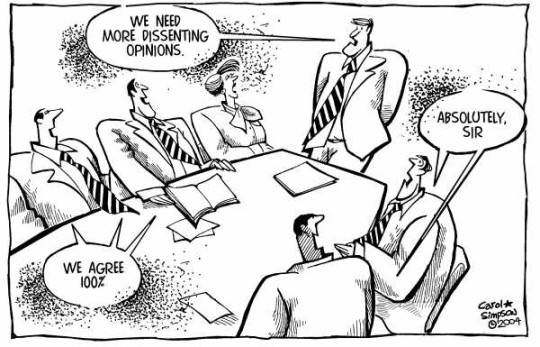Signs of an Impending Bozo Explosion
It’s true that often those who are the most assertive in their own promotion and compensation get what they ask for. But their promotion doesn’t necessarily make them more effective leaders.
According to Jean Twenge, Ph.D., co-author of The Narcissism Epidemic, “People who are narcissistic want to be leaders. They don’t necessarily make better leaders, but they want to do it, so they’re more likely to end up in those positions.”
Often those recently appointed to a position of higher authority succumb to what’s known as the Power Poisoning Effect. It’s a term coined by researcher Deborah Gruenfeld to mean literally poisoned by power. In her research she found that those newly elevated to positions of power often exhibit these symptoms:
- Give greater value to their own ideas and initiatives
- Give lesser value to the ideas of those around them
- Think that the rules no longer apply to them
- Have greater difficulty controlling their own impulses
Sound like any corrupt politicians or exiled executives you know of?
Leadership that can’t be questioned ends up doing questionable things.
– Jon Acuff
It turns out that grandiose bosses who demand attention, take credit, possess little empathy, and belittle team members, are more likely to deliver worse results than leaders who support and nurture their teams. Unfortunately this same group of self-aggrandizing attention-seeking blowhards are also more likely to be paid more than their peers who seek advice, and give praise, support and resources to their team members.
That’s right, It’s an odd paradox to discover that the least effective and most toxic leaders are also the same ones who are financially rewarded the most. These are leaders and managers who often consistently refuse to hear negative feedback and build teams of stooges. It’s a sure sign of an impending Bozo Explosion.
In their study entitled “The detrimental effects of power on confidence, advice taking, and accuracy,” Kelly See and her colleagues discovered that those leaders who consistently ask for the opinion of those around them often do have less personal confidence in their own decision-making but are viewed by others as better leaders precisely because they ask for opinions. And because they ask for the advice of those around them, these leaders are more likely to make better decisions.
Seek out, and work for, those leaders in the organization who actively ask for opinion or dissent, and then are willing to act on that advice even if it contradicts their own initial impulses.





